New Releases by Alumni
Robert R. Gambee ’64 captures in images the University — its buildings, Commencement, and Reunions — as well as the township and borough of Princeton, nearby Lawrenceville, and local schools and research centers in Princeton Impressions (W.W. Norton). In addition to color photographs taken by Gambee and his son and daughter, Robert and Claire, and an introduction by President Shirley Tilghman, this volume includes short essays on the communities and institutions pictured.
A film historian and history professor at the University of Southern California, Steven J. Ross *80 traces the intersection of Hollywood and politics since the early 20th century in Hollywood Left and Right: How Movie Stars Shaped American Politics (Oxford). Through profiles of 10 celebrities — five on the left, including Charlie Chaplin and Jane Fonda, and five on the right, including Ronald Reagan and Charlton Heston — he shows how the left and right gained popularity in Hollywood at different times.
The essays in The Change I Believe In: Fighting For Progress in the Age of Obama (Nation Books) “reflect how I’ve navigated the Obama era — as an editor and writer, a woman, a citizen of conscience and a small-‘d’ democrat,” writes Katrina vanden Heuvel ’81, editor and publisher of The Nation. The columns show her evolving perspective on the Obama presidency and offer ideas on the power of movements, the economy, the Republican Party, Afghanistan, and progressive politics, among other topics.
In The Unintended Reformation: How a Religious Revolution Secularized Society (Harvard University Press), Brad S. Gregory *96 analyzes the complex ways in which North American and European life, with its ideological diversity and dominant institutions, is the long-term product of Western Europe’s unresolved doctrinal disagreements and military conflicts during the Reformation era. Gregory is an associate professor of history at the University of Notre Dame.
Daniel Beaumont *91 explores the life and career of blues legend Eddie “Son” House in Preachin’ the Blues: The Life and Times of Son House (Oxford). The author follows House’s journey from being a young Baptist preacher in the Mississippi Delta to becoming a leading bluesman and an important influence on Robert Johnson and Muddy Waters before dropping out of music and years later, in the 1960s, making a comeback. Beaumont teaches courses on Arabic language and literature and on the blues at the University of Rochester.
Stefan Weisman *11 composed the score for the multimedia experimental opera Darkling, a story of memory, hope, and the loss incurred by the Holocaust that premiered in New York City in 2006. Poet Anna Rabinowitz wrote the libretto. The CD of the opera has been released by Albany Records. Weisman’s music was described as “personal, moody, and skillfully wrought” by The New York Times critic Anthony Tommasini.
Composer Eric Moe ’76 calls the three pieces on his new CD, Eric Moe: Kick & Ride (BMOP/sound), “cantankerous sisters” with a “gene for dramatic narrative.” The three instrumental, classical pieces, “Eight Point Turn,” “Superhero,” and “Kick & Ride,” are performed by the Boston Modern Orchestra Project. A pianist and keyboardist, Moe is a professor of composition and theory at the University of Pittsburgh and has been a visiting professor at Princeton.


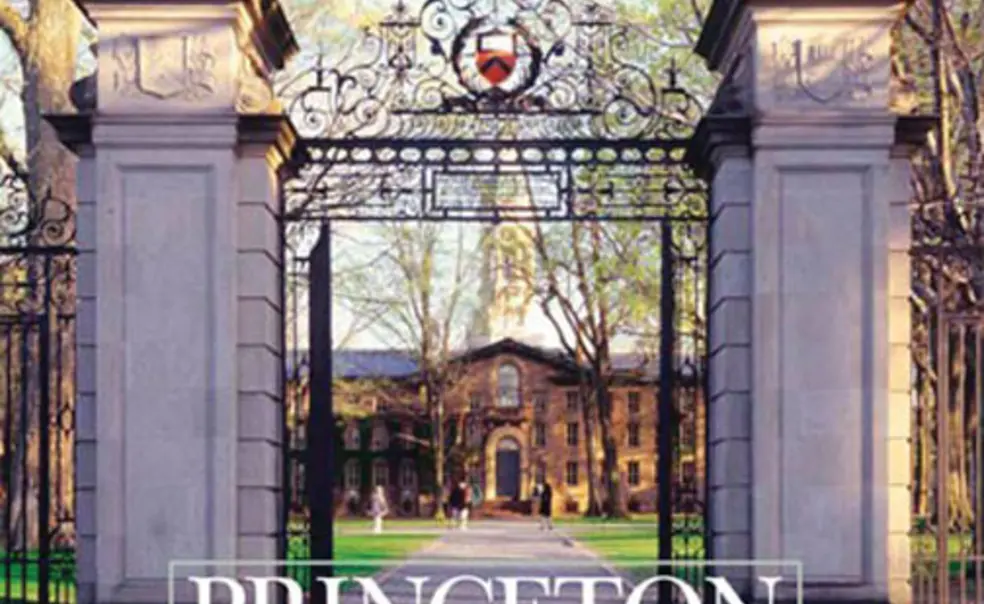

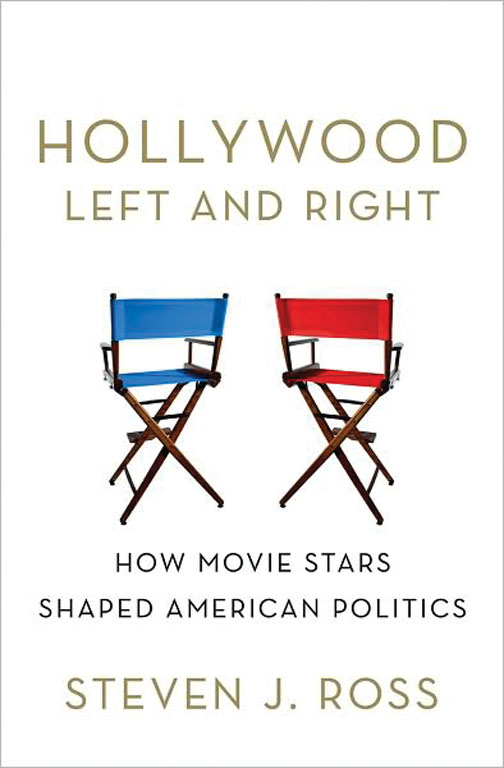
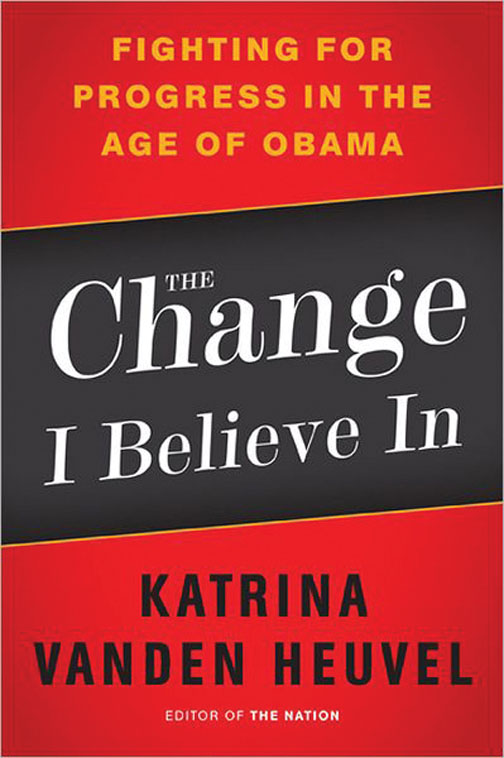
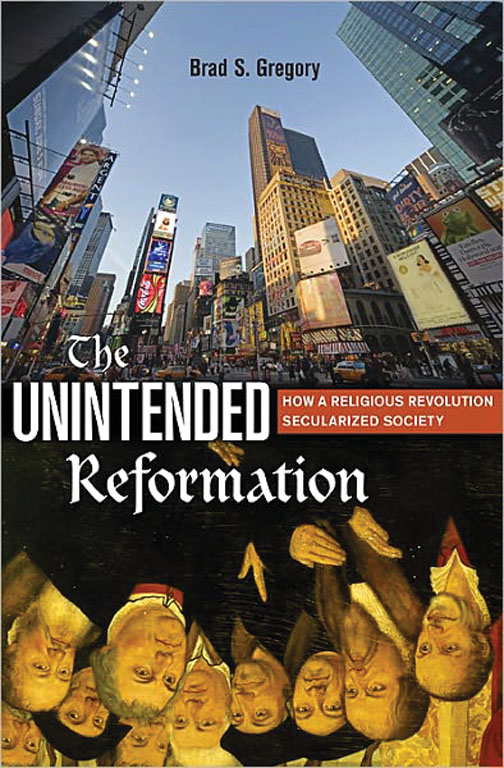
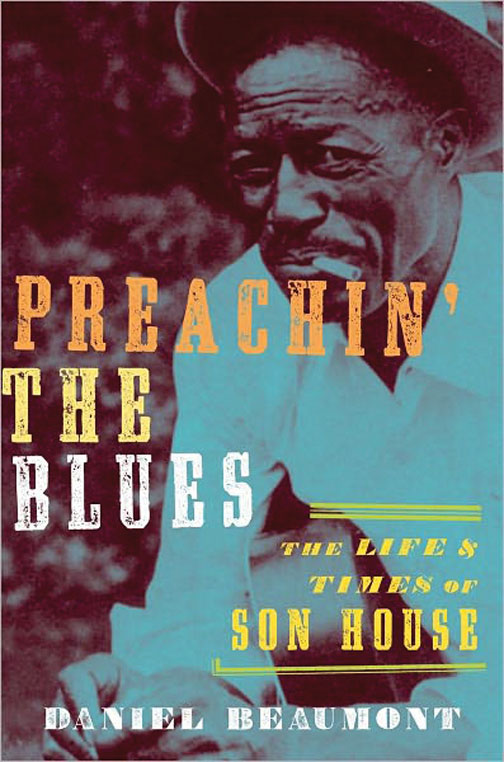
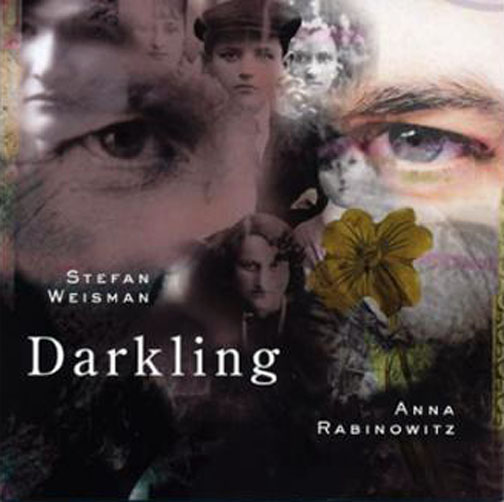
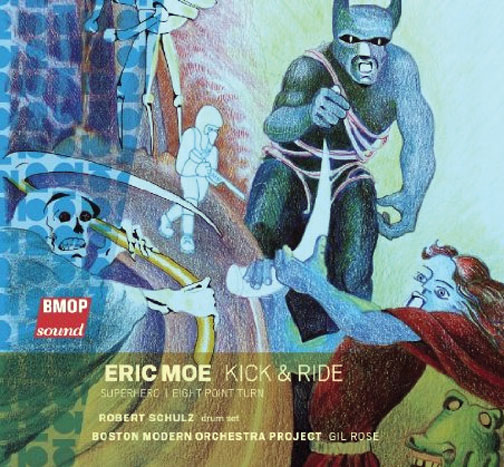









No responses yet